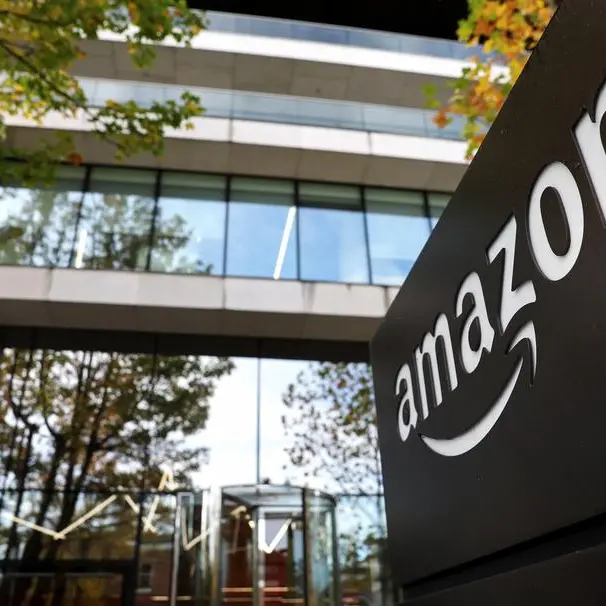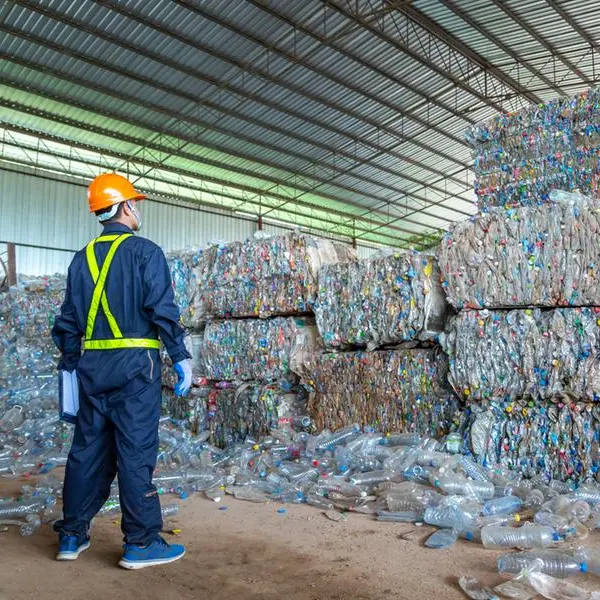PHOTO
Artificial intelligence (AI) has been identified as the top emerging technology currently driving global foreign direct investment (FDI) globally, new data has shown.
Presented at this week’s World FZO’s 10th Annual World Congress in Dubai, Henry Loewendahl, founder and CEO of Wavteq Group Limited and consultant with fDi Intelligence, broke down the technologies shaping FDIs of the future, with AI leading ahead.
In data spanning from 2023 to July 2024, he explained that AI has witnessed a large number of greenfield projects globally, creating major opportunities for free zones looking to attract high-tech investments.
“With the new way to collect data we can now drill down individual technologies. What we can do now is look at the emerging technologies worldwide that will affect FDIs,” Loewendahl said. “AI is approaching 1,000 greenfield FDI projects just in the last year and seven months. That shows the huge opportunity to attract FDI in the AI space.”
In the US alone, current investment in AI is estimated at $30 billion per month, he continued.
“[This investment is being made] on data centres and so on. [Investment in AI] is happening on an enormous scale never seen before. And that’s driving huge FDI globally and huge opportunities for free zones and countries to attract AI-related investments.”
Following closely behind AI are cloud computing, fintech, electric vehicles, and cybersecurity.
UAE and KSA lead in Middle East
Data also revealed the key source countries for FDI in free zones during this same period, with the United States leading the pack at 19.5% of greenfield projects, followed by the United Kingdom (11.7%), India (8.3%), China (7.8%), and Germany (6.3%).
In the Middle East, the United Arab Emirates (UAE) and the Kingdom of Saudi Arabia (KSA) are making their mark, contributing 1.6% and 1.3% respectively.
However, the picture shifts when considering the share of jobs created by these FDI projects. China emerges as the leader, accounting for 34.1% of new FDI-related jobs, outpacing the United States (10%), Taiwan (8.7%), Germany (7.3%), and Japan (5.3%).
The job creation impact in the Middle East shows KSA at 1.6% and the UAE at 0.9%.
DUBAI NUMBER ONE FOR FDI
Loewendahl revealed that between 2023 and July 2024, the Middle East attracted nearly 60% of FDI projects into free zones, driven largely by Dubai, which has been the top city globally for FDI projects for the past three years. Other countries in the GCC are also seeing significant investment into their zones.
“Dubai, for the last three years, has been the number one city in the world for attracting FDI measured by the number of FDI projects, which was driven by the success of [its] free zones,” he said. “But it’s not just Dubai, it’s not just the UAE – other countries in the Gulf and Middle East are offering free zones that are attractive to investors.
“The next major region is Asia Pacific, [followed by] Latin America, Africa, and emerging Europe.”
In terms of project size, Loewendahl said, those in the Middle East tend to be smaller and focused on services and technology sectors. In contrast, free zones in the Asia-Pacific region are attracting larger, more labour-intensive manufacturing projects.
Meanwhile, despite the recent pandemic, he said, global FDI inflows remained strong at $1 trillion. While there was a decline, it wasn’t “a collapse”, Loewendahl concluded, highlighting the resilience of companies investing globally, with 50% of investment being reinvestment from existing companies.
(Reporting by Rachel McArthur; editing by Seban Scaria seban.scaria@lseg.com)





















